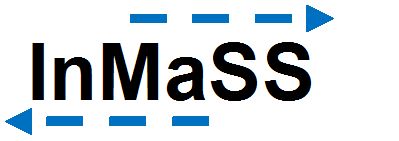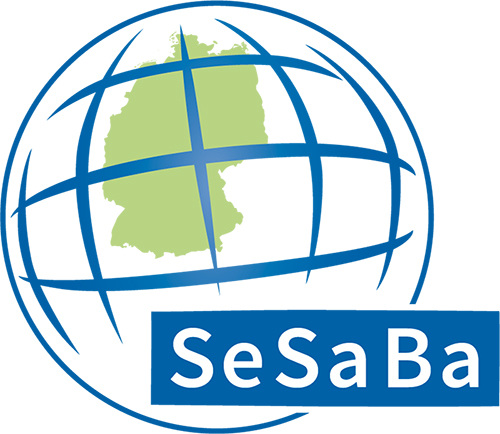Secondary networking of university councils at German universities
Subject
University councils at German universities have an important interface function between universities and society. They should contribute to better networking between universities and the various interest groups in society and thus bring external perspectives and competences into the strategic decision-making processes of universities (e.g. in university development planning or the development of research priorities) in order to improve the quality of planning and decision-making. The extent to which university councils can fulfil these expectations depends largely on whether and how intensively university council members are networked in other areas of society in addition to their full-time professional activities (e.g. in foundation boards of trustees or supervisory boards).
Research questions
- How intensively are university council members at German universities networked outside the higher education system through their part-time mandates in various areas of society (e.g. business, culture, foundations, politics)?
- How do these networks differ in terms of structural characteristics of universities (e.g. size, subject structure)?
- What patterns can be recognised with regard to the geographical spread of these networks (regional, supra-regional or international)?
Author
Dr. Thorsten Lenz







